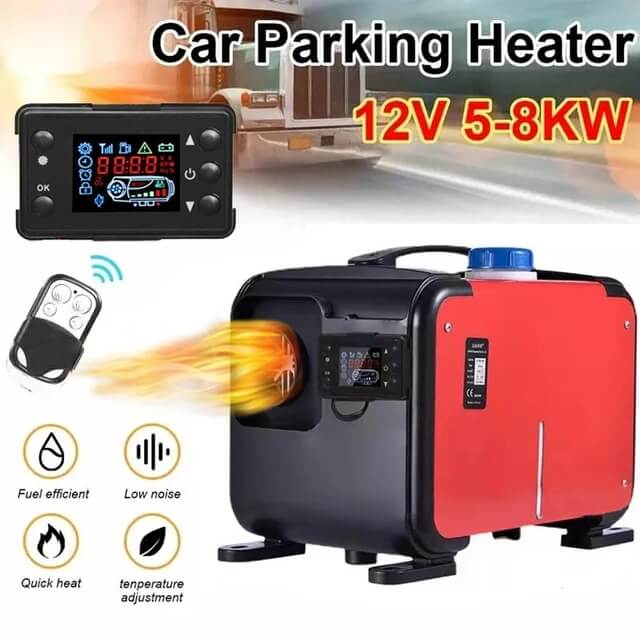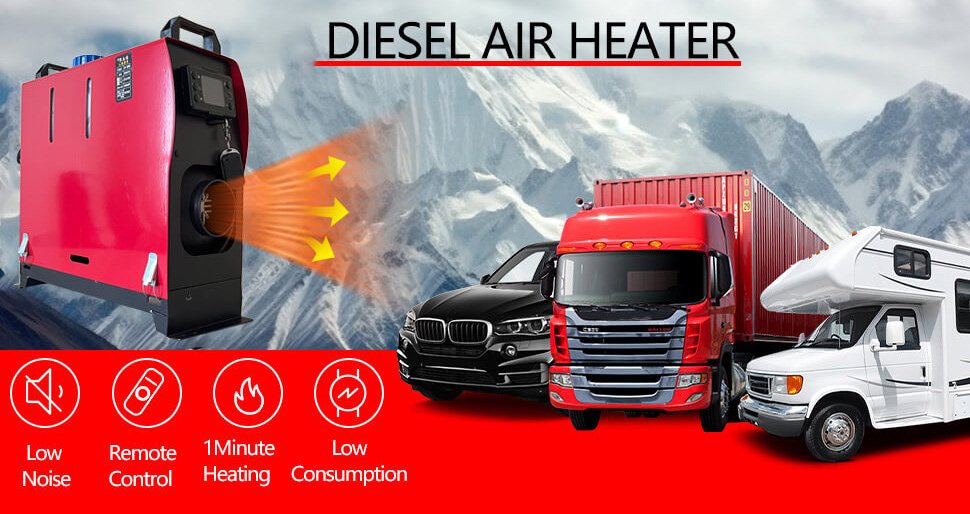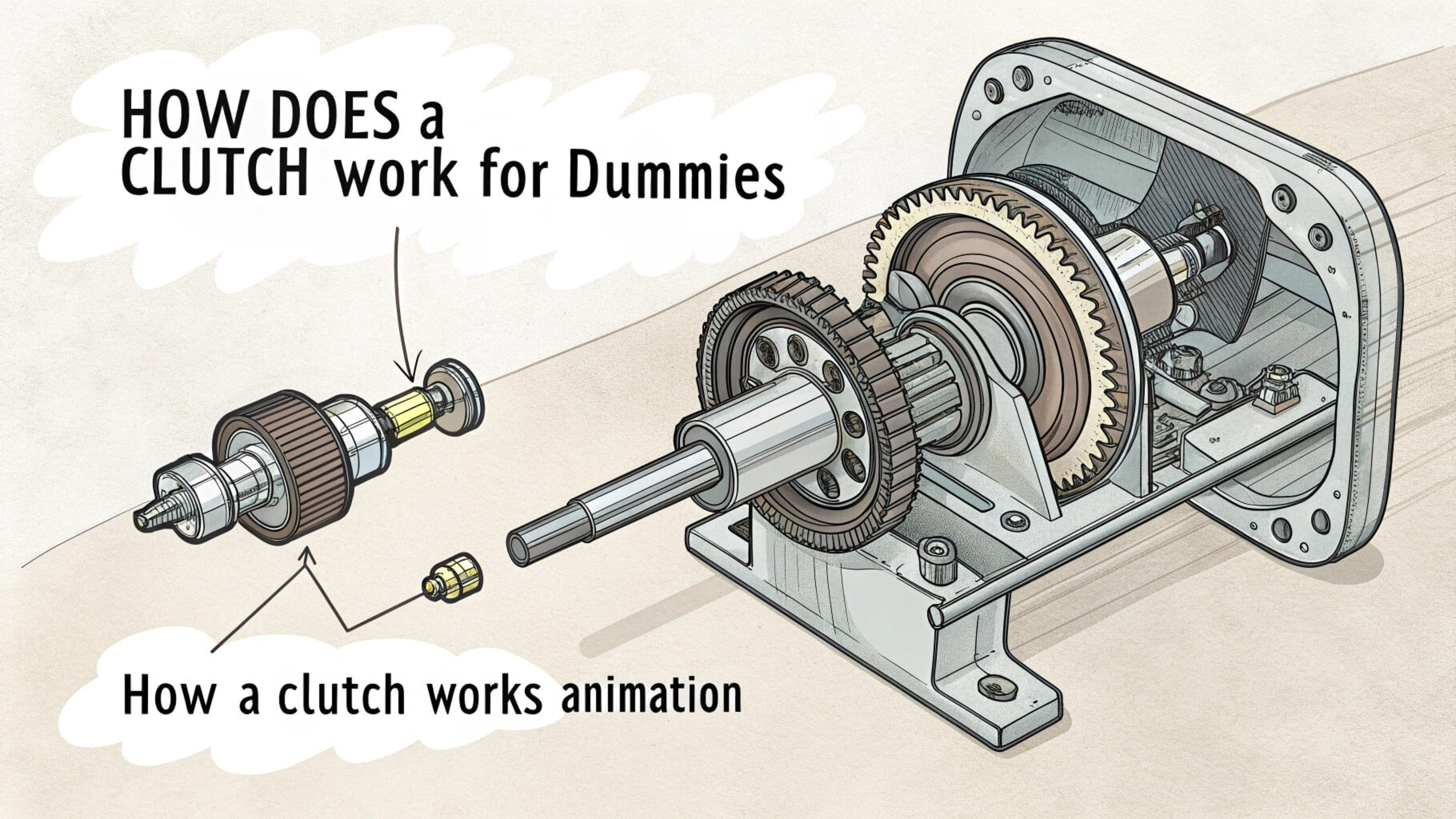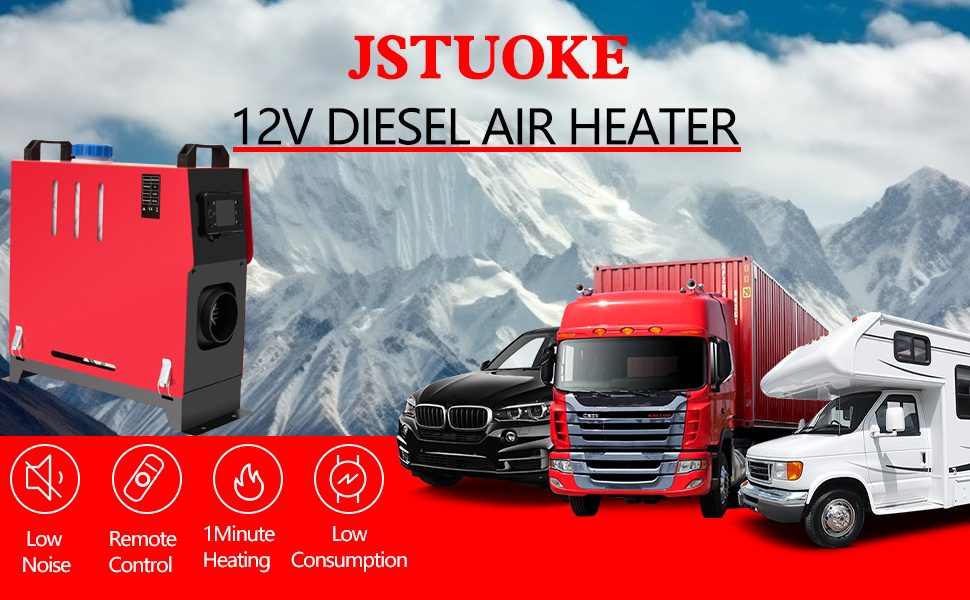Diesel air heaters simplify heating in vehicles or remote locations. They’re efficient and user-friendly.
Diesel air heaters generate warm air for vehicles, tents, and other spaces. They are cost-effective and reliable.
Understand the details to make informed decisions about using diesel heaters.
What is a diesel air heater used for?
Diesel air heaters keep spaces warm in cold weather. They’re practical and versatile.
Diesel air heaters[^1] are commonly used in vehicles, campervans, tents, and greenhouses. Their energy efficiency makes them ideal for off-grid setups.
Exploring Practical Applications
Diesel air heaters provide consistent heat by burning diesel fuel. They are popular in various setups:
| Use Case | Description |
|---|---|
| Vehicles | Keeps cabins warm during winter. |
| Campervans | Provides heat for overnight camping trips. |
| Greenhouses | Regulates temperature for plant growth in cold areas. |
| Tents | Adds comfort during outdoor adventures. |
Their utility lies in their portability and adaptability. Many campers choose diesel heaters[^2] for their efficiency.

Do diesel heaters use a lot of electricity?
Electricity usage is a common concern with diesel heaters. Let’s address it.
Diesel heaters require minimal electricity[^3] to start and operate. They mainly consume diesel fuel.
Understanding Energy Consumption
Diesel heaters use electricity primarily for initial startup and running the fan. Here’s a breakdown:
| Component | Electricity Usage |
|---|---|
| Startup | 8–10 watts for ignition. |
| Fan operation | 10–30 watts continuously. |
Compared to electric heaters, they’re far more energy-efficient. This makes them ideal for long-term use in off-grid locations[^4].

Is it safe to use a diesel heater indoors?
Safety is critical when using heating equipment indoors.
Diesel heaters are safe[^5] indoors if installed and maintained correctly. Proper ventilation is essential.
Ensuring Safety Indoors
Safety measures include regular maintenance and proper installation. Key considerations:
- Ventilation: Diesel heaters must expel fumes outside.[^6]
- Carbon monoxide detectors: Install these in enclosed spaces.[^7]
- Maintenance: Regularly clean the heater to prevent blockages.[^8]
Diesel heaters are commonly used in campervans and small cabins with no safety issues when used properly.
Does a diesel heater drain the battery?
Battery drain can be a concern in off-grid scenarios.
Diesel heaters draw minimal power[^9], making them unlikely to drain a battery under normal use.
Evaluating Power Requirements
Diesel heaters rely mostly on diesel fuel for energy. The battery powers the fan and control system.
| Scenario | Battery Impact |
|---|---|
| Short-term use | Negligible impact. |
| Long-term use | Minimal with a good battery. |
| Overextended usage | Can drain weak batteries. |
Using a dual-battery system[^10] ensures uninterrupted operation in extended use cases.
Conclusion
Diesel air heaters offer practical heating solutions with low electricity use. They’re safe, efficient, and versatile. To summarize:
- Diesel air heaters are widely used in vehicles and tents.
- They require minimal electricity for operation.
- Proper installation ensures indoor safety.
- Battery drain is minimal under normal conditions.
- They are energy-efficient and reliable in cold weather.
Diesel heaters are an excellent choice for those needing portable heating solutions.





